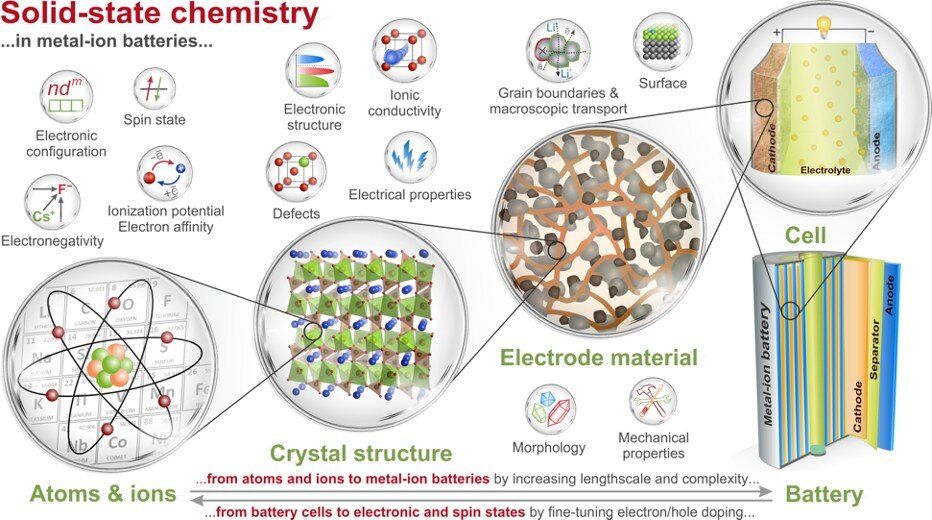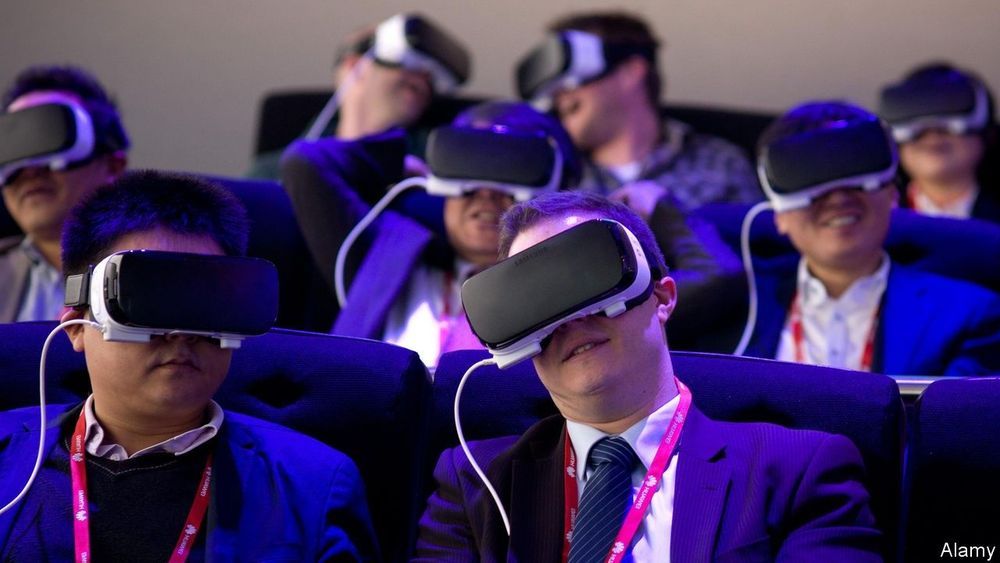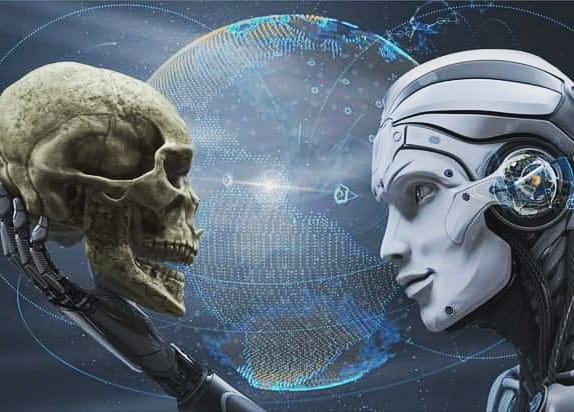TODAY (Oct 4th) the USTP is holding a special pre-RAADFest Enlightenment Salon at 7 a.m. PST / 10 am EST with Gabor Kiss, CEO of ENVIENTA, to discuss ways to empower contributors to open-source projects and accelerate development of practical transhumanist technologies.
Ira Pastor, ideaXme life sciences ambassador, interviews Dr. Alexandre Kalache, President of the International Longevity Centre-Brazil (ILC-Brazil).
Ira Pastor Comments:
As we continue our virtual road-trip around the globe per the World Health Organization’s (WHO) Age Friendly Cities Global Movement, during the WHO defined “Decade of Healthy Aging”, we are headed down to the southern hemisphere to the country of Brazil.
Dr. Alexandre Kalache:




